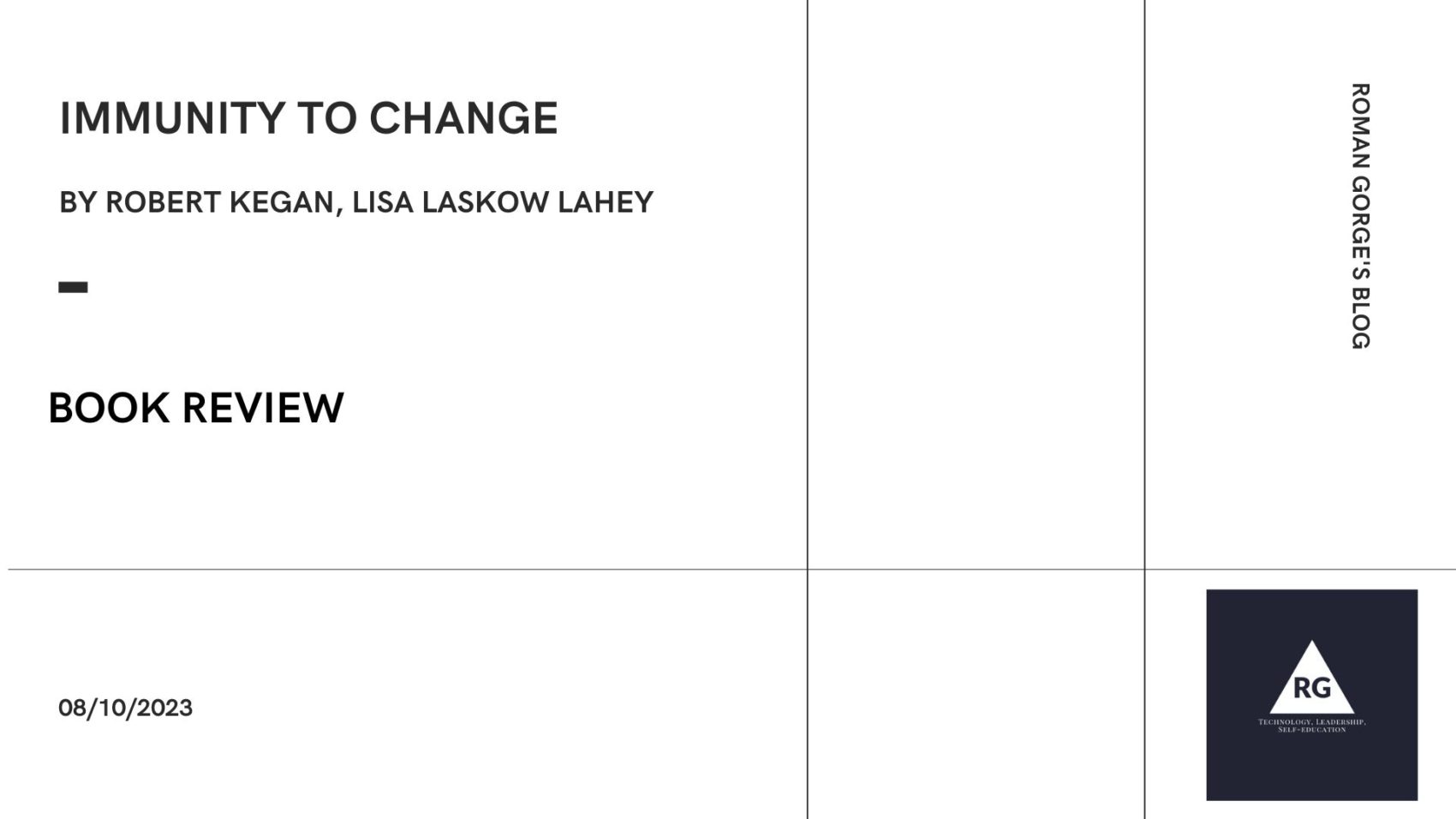There is no doubt that change is difficult. Both for organizations and individuals it requires conscious efforts, dedication, commitment and time. And even when you have all that, a success is not a guarantee. Why it is like that? Not enough resources thrown in by management? Not good enough educational materials? Or there is something more that prevents changes to be adopted smoothly?
To answer on this question the authors of Immunity to Change book first explain a model of a mental complexity. The book explains the mental complexity not as a summary of skills and knowledge but as a “object-subject” relationship between individuals and their believes system. The more complex an individual mind is, the more freely it can operate with the one’s believes, ideas and frames. A more complex mind acts as an object towards believes, ideas and frames and able to transform them or create new ones. A less complex mind is a subject of believes, ideas and frames and can act only in the limited context dictated by accepted believes and ideas.
It was quite fascinating for me to learn about this model and how it can be applied to myself and others to calibrate and discover where are we according the model. In the next chapters, the book addresses the question “Why change is difficult?”. The authors show that we are “immune to change” because it protects our certain values and assumptions that are “threatened” by a change we are trying to adopt. The outcome of our “immune system” actions is our behaviors contradicting to a committed goal, i.e. a change. We end up acting (or not acting) in a way that prevents implementation of the change.
Most part of the book provides a coaching framework that can be used by individuals and organizations to overcome the “immunity to change”. The book gives multiple examples of actual coaching situations and how the authors employed the proposed coaching framework to achieve progress. In the last part, the authors give a detailed instructions how to use the framework, track progress and organize a coaching process.
The obvious question for me is how to use the coaching framework and what problems to concentrate on. After reading this book, this is my next step – use the framework for myself and uncover my own “adaptive challenges”.
Overall, this is a great book, 5 out of 5.
